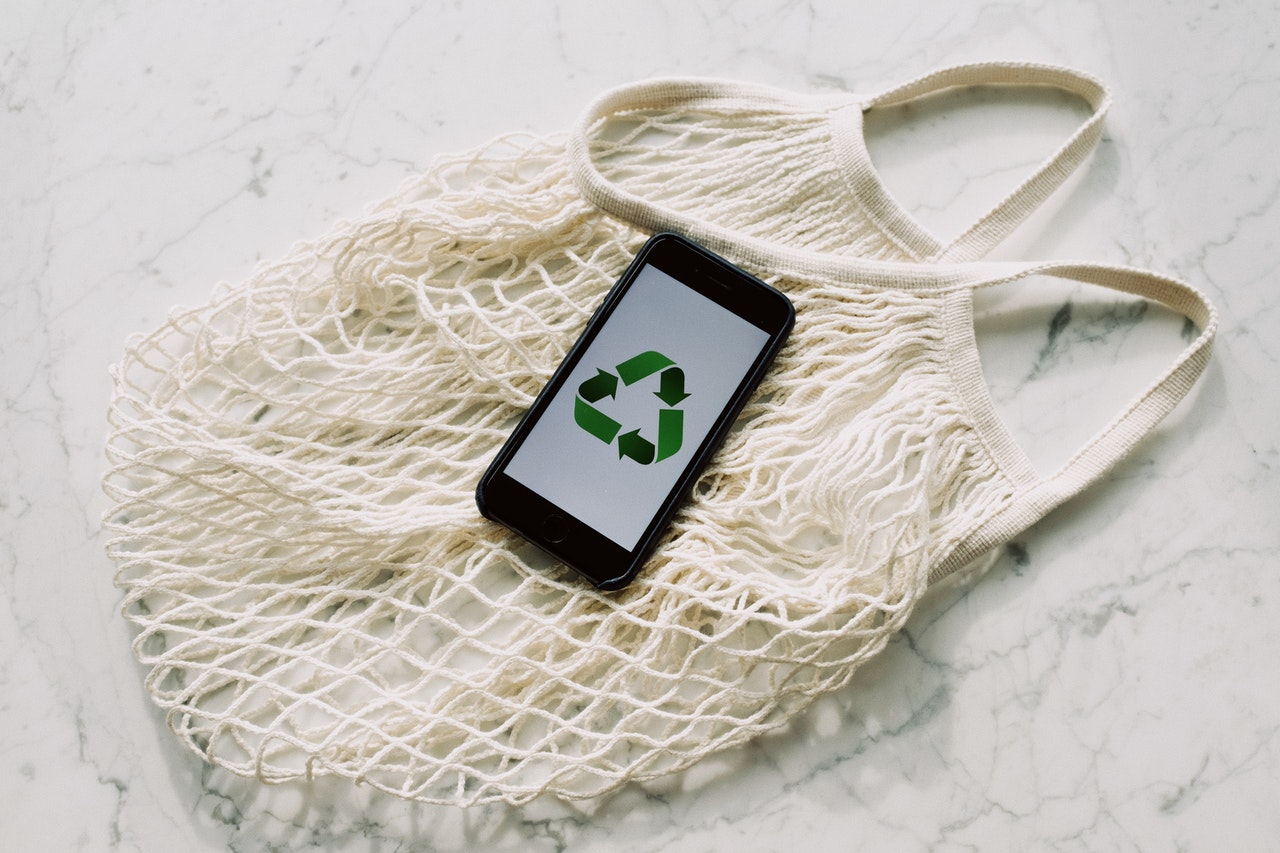Sustainability has been a buzzword for quite a while now, especially since the COVID-19 pandemic began. More and more people are becoming aware of the role climate change and animal cruelty play in the natural catastrophes and contagions that have struck humanity as of late. Green products are dominating global marketplaces, and consumers are demanding accountability from big and small brands. In fact, it wouldn’t come as a surprise if you’ve also hopped onto the green train and became a self-proclaimed climate change warrior in 2020. You vowed never to use plastic again or eat meat, but three weeks into your commitment, you’ve already made several blunders.
Like you, many others who want to reduce their waste footprint find it hard to live up to the standards they see online. The problem is not that they’re impossible, but that most people who do it often rush. They dive at once without realizing that it could be a 180-degree turn for them. In the end, they don’t see that they’re not ready to give up their current lifestyle just yet.
Knowing Your Needs
Your lifestyle may be similar to that of other people you watch online, but they’re not the same. Your expectations are even more out of context if you’re getting your inspiration from millionaire influencers and celebrities. These people probably get professional help in cleaning their diet and getting their homes equipped for green practices, which accounts for their time transitioning. If you’re still paying your student loan, renting, and struggling to get your professional breakthrough, then you have to accept that you’re on an entirely different plane. Your needs are not the same as the needs those influencers and celebrities are meeting.
Spend time reflecting on your shopping and dining habits. Which brands do you patronize? It’s easy to check online if they’re cruelty-free and using green practices in their manufacturing. How about the food you eat? If you usually eat out, do the restaurants you frequent use recyclable utensils and salvaged furniture? At home, have you transitioned from plastic to bamboo plates and bowls? The United Kingdom has plenty of credible manufacturers that can supply your dinnerware. What are the things you need to sustain or improve your lifestyle? Going for needs instead of wants is a great way to prevent splurges that involve advertised products from your favourite influencers that you have no use for.
Remember that sustainable living isn’t about having a set of aesthetic tools. It’s about daily choices that impact the environment one way or another. If there’s one thing you should definitely splurge on, it’s books, seminars, and courses that will educate you on how the things you do harm the environment without you knowing it.

Start With Small Habits and Changes
Living a sustainable lifestyle begins with small habits and changes that will serve as your foundation. Often, it doesn’t involve buying anything new but reusing things you already have at home. This includes canvas bags that can be used for shopping instead of buying new ones in the supermarket (even if they’re recyclable). How do you manage the glass and plastic containers that most of your goods come in? Do you throw them away or store them for future use? If you’re hesitant to turn them into containers for sugar, coffee, beans, or other food because of their appearance, why not try your hand at up-cycling them? There are plenty of tutorials online that will help you make them look attractive so that they suit your desired aesthetic.
Are you fond of shopping at cheap clothing stores? The fashion industry is responsible for a huge percentage of emissions that worsen global warming. You can help remedy this by supporting green brands that make quality clothing. Quality means you won’t worry about them wearing out after a couple of washes. The excellent ones will last you more than a handful of years, at least.
Build On Each New Habit
Another mistake that people tend to make is to make small changes all at once. You’ll realize soon enough that this is still overwhelming, and you’ve set yourself up for failure again. The surest way to make a successful transition is to start with one or two changes and then build on them. This could mean shopping at your farmer’s market and sourcing other goods locally. In a week or so, you can start preparing your breakfast regularly instead of driving out of your way to eat in your favourite cafe. Those two alone support local businesses, which means reduced emissions from shipments and less carbon monoxide polluting the air. Add new habits like going paperless with your bills and paying them electronically. Continually educate yourself on what easy changes you can add after the last habit has become reflexive for you.
Transition with a Community
It’s easier to take on this challenge when you’re doing it with a community of people who have the same goals in mind. Make yourself accountable for each other’s choices and be open with your struggles. It won’t feel great living sustainably for the environment all the time, but having people around to remind you of its purpose will strengthen your resolve and keep you on track.
